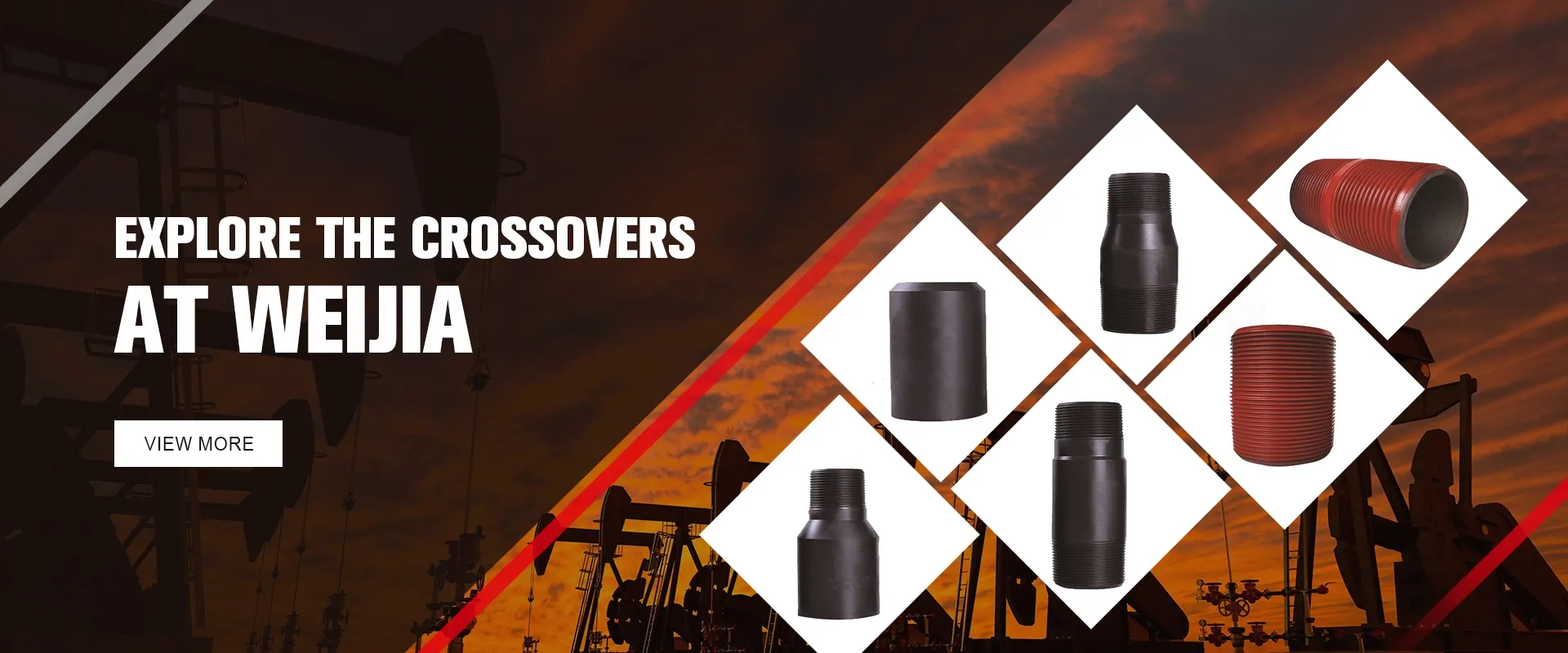- Afrikaans
- Albanian
- Amharic
- Arabic
- Armenian
- Azerbaijani
- Basque
- Belarusian
- Bengali
- Bosnian
- Bulgarian
- Catalan
- Cebuano
- Corsican
- Croatian
- Czech
- Danish
- Dutch
- English
- Esperanto
- Estonian
- Finnish
- French
- Frisian
- Galician
- Georgian
- German
- Greek
- Gujarati
- Haitian Creole
- hausa
- hawaiian
- Hebrew
- Hindi
- Miao
- Hungarian
- Icelandic
- igbo
- Indonesian
- irish
- Italian
- Japanese
- Javanese
- Kannada
- kazakh
- Khmer
- Rwandese
- Korean
- Kurdish
- Kyrgyz
- Lao
- Latin
- Latvian
- Lithuanian
- Luxembourgish
- Macedonian
- Malgashi
- Malay
- Malayalam
- Maltese
- Maori
- Marathi
- Mongolian
- Myanmar
- Nepali
- Norwegian
- Norwegian
- Occitan
- Pashto
- Persian
- Polish
- Portuguese
- Punjabi
- Romanian
- Russian
- Samoan
- Scottish Gaelic
- Serbian
- Sesotho
- Shona
- Sindhi
- Sinhala
- Slovak
- Slovenian
- Somali
- Spanish
- Sundanese
- Swahili
- Swedish
- Tagalog
- Tajik
- Tamil
- Tatar
- Telugu
- Thai
- Turkish
- Turkmen
- Ukrainian
- Urdu
- Uighur
- Uzbek
- Vietnamese
- Welsh
- Bantu
- Yiddish
- Yoruba
- Zulu
well casing coupler
Understanding Well Casing Couplers Functionality and Importance
In the field of oil and gas drilling, the integrity of the wellbore is paramount. One of the essential components in ensuring the stability and efficiency of the wellbore is the well casing system. This system consists of several components, one of which is the well casing coupler. In this article, we will explore the functionality, types, and importance of well casing couplers in the drilling industry.
What is a Well Casing Coupler?
A well casing coupler is a specialized fitting used to connect two sections of casing or tubing in a well. Casing is a series of steel pipes that are inserted into the drilled wellbore to provide stability and prevent the well from collapsing. The coupler acts as a joining mechanism between these pipes, allowing for extended vertical reach into the well.
Casing couplers come in various designs, sizes, and materials, depending on the specific requirements of the drilling project. They are engineered to resist high pressures, harsh environmental conditions, and the corrosive nature of the substances they come in contact with.
Types of Well Casing Couplers
1. Threaded Couplers This is one of the most common types of couplers. They feature threads on both ends, allowing them to be screwed onto the casing pipes. This design ensures a tight seal and is favored for its ease of installation and removal.
2. Welded Couplers As the name suggests, welded couplers are permanently attached to the casing using welding equipment. This type of coupler provides excellent strength and is ideal for high-pressure environments, but installation is more time-consuming than threaded couplers.
3. Flanged Couplers Flanged couplers use a flange connection, which requires bolting two flanges together. This type of coupling is often used in situations where disassembly may be necessary for maintenance or repair.
4. Slip-on Couplers These couplers simply slide onto the ends of the casing pipes and are then secured using set screws or clamps. They offer a quick and efficient method for connecting casing.
well casing coupler

Each of these types has its own advantages and applications, making it essential for engineers to select the appropriate coupler type based on the specific conditions of the drilling environment.
Importance of Well Casing Couplers
The importance of well casing couplers cannot be overstated. Here are several key reasons why they play a critical role in drilling operations
1. Structural Integrity Casing couplers provide the necessary strength to the wellbore, preventing collapses and ensuring that the integrity of the well is maintained throughout its life cycle.
2. Fluid Management A well functioning coupler system ensures the proper flow of fluids (oil, gas, or water) into and out of the well, optimizing extraction processes. This management is vital for production efficiency.
3. Pressure Regulation Couplers are designed to withstand and regulate the pressure exerted on the casing. This regulation is crucial in various stages of drilling and production, preventing blowouts and other hazardous situations.
4. Safety and Compliance Properly installed and functional couplers contribute to the overall safety of drilling operations. They help meet industry regulations and standards, reducing the risk of accidents and environmental hazards.
5. Cost Efficiency Using the appropriate coupler types can lead to significant cost savings over the life of a well. Reducing maintenance time and the chances of unscheduled repairs can enhance overall productivity.
Conclusion
In conclusion, well casing couplers are vital components of the drilling process, contributing significantly to the safety, efficiency, and integrity of well operations. Understanding the different types of couplers and their specific functions allows engineers and drilling teams to make informed decisions that enhance operational effectiveness. As drilling technology continues to advance, the role of well casing couplers will remain essential in the quest for safe and efficient energy extraction.
-
Tubing Pup Joints: Essential Components for Oil and Gas OperationsNewsJul.10,2025
-
Pup Joints: Essential Components for Reliable Drilling OperationsNewsJul.10,2025
-
Pipe Couplings: Connecting Your World EfficientlyNewsJul.10,2025
-
Mastering Oilfield Operations with Quality Tubing and CasingNewsJul.10,2025
-
High-Quality Casing Couplings for Every NeedNewsJul.10,2025
-
Boost Your Drilling Efficiency with Premium Crossover Tools & Seating NipplesNewsJul.10,2025







